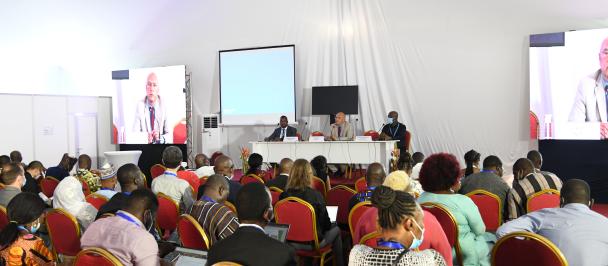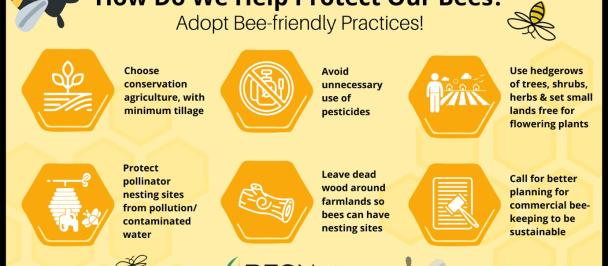Photo: UNDP GC-RED
Today, the livelihoods of 1 billion people in over 100 countries are threatened by desertification. The economic costs of desertification and land degradation are estimated at USD 490 billion per year, while halting and reversing land degradation through sustainable land management can generate up to USD 1.4 trillion of economic benefits. The Sustainable Development Goal’s Target 15.3 calls on countries to “combat desertification, restore degraded land and soil, including land affected by desertification, drought and floods, and strive to achieve a land degradation-neutral world.” By 2030.
To this end, UNDP’s Global Policy Centre has been pursuing its support to countries on Land Degradation Neutrality (LDN) target setting in close collaboration with the United Nations Convention to Combat Desertification and other partners. Countries supported in this effort include China, Kyrgyzstan, Kenya, Lebanon, Mauritius and Somalia.
Under the theme of “towards concerted national efforts to halt and reverse land degradation, restore degraded ecosystems and sustainably manage land resources”, Kenya’s LDN Target Setting Final Report now available on the UNCCD website, demonstrates the country’s determination to reverse the adverse effects of desertification, land degradation and drought. In particular, Kenya targets to improve 9% of its territory by increasing forest cover, net land productivity and/or soil organic carbon in the country’s key forest, shrubs/grassland, wetlands and croplands and rehabilitating all abandoned mining and quarrying areas.
“Our resolve is to ensure that the quality of land resources, necessary to support ecosystem functions and services and enhance food security, is sustained within specified temporal and spatial scales and ecosystems.”, said Mr. Keriako Tobiko, Cabinet Secretary for the Ministry of Environment and Forestry in Kenya.
The Government of Somalia has also endorsed its LDN Targets with the aim of improving 10% of the country’s land resources by 2030 compared to 2015. This will be achieved through ambitious interventions to increase the productivity of grasslands, rehabilitate degraded forests and increase soil organic carbon in croplands.
“Land degradation is a major impediment to national economic development in Somalia as it adversely affects livestock and agriculture, which contribute heavily to our gross domestic product”, said Ahmed Yusuf Ahmed, Director General of the Directorate of Environment and Climate Change at the Office of the Prime Minister.
“LDN is regarded as an SDG accelerator, as it provides options to simultaneously meet poverty, food security, water and climate change goals in a cost effective and ecologically sound manner. We look forward to our continued partnership with Kenya and Somalia to achieve the ambitious LDN targets for the benefit of its people and environment”, said Elie Kodsi, Senior Technical Advisor of the UNDP Global Policy Centre on Resilient Ecosystems and Desertification (GC-RED).

 Locations
Locations
